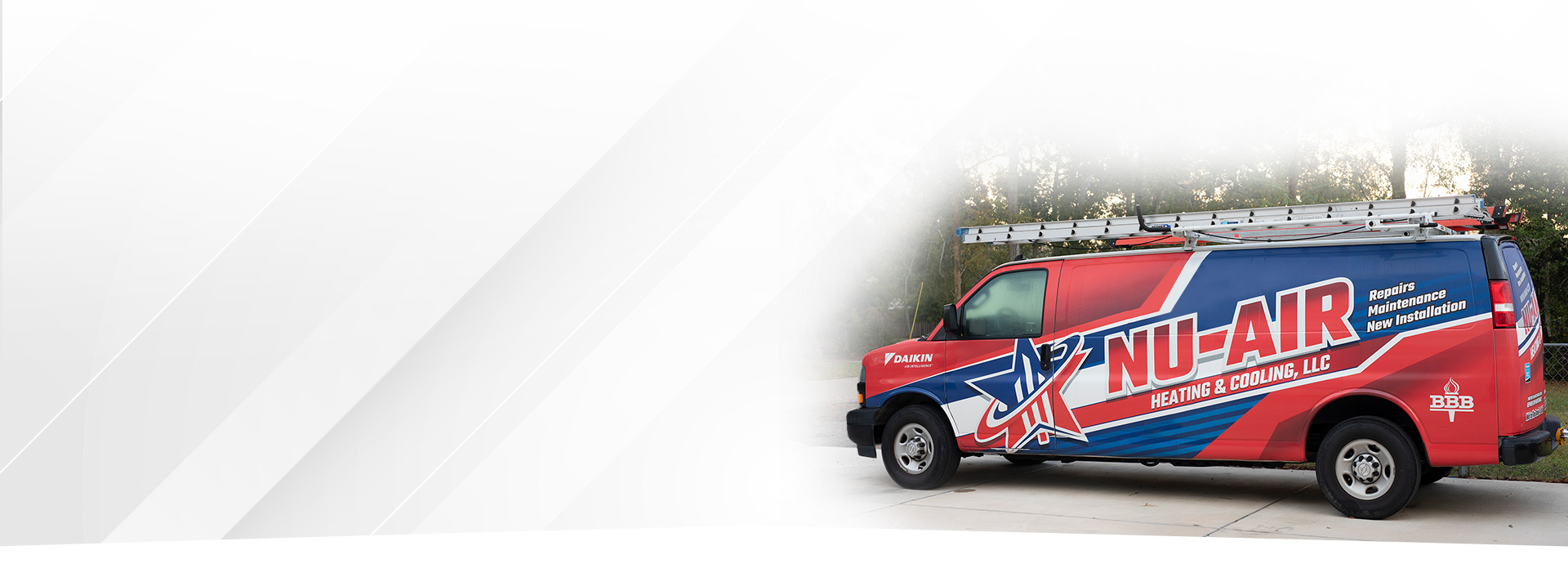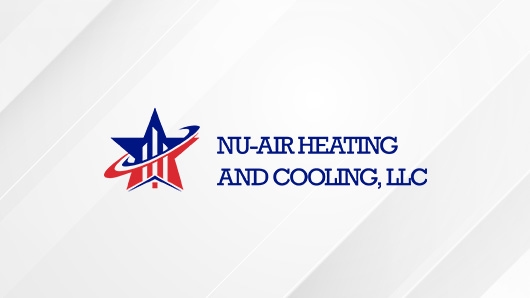Home ownership is one of the largest dreams of people everywhere, and when the time has finally come for you to make this valuable investment, you’ll want to make sure you’re getting a good deal. While a home may appear perfect to the eyes of a first-time homebuyer, the truth is there may be any number of issues hidden from view. This is especially true with heating and cooling systems: while you may be told that the system works just fine, you could find that you suddenly face an even more expensive world of headaches soon after when problems emerge.
There are a few ways you can determine whether or not a home’s existing HVAC systems are in good shape or you may be subject to a few problems later on. This is important because not only could it possibly save you from suddenly having to deal with this massive expense soon after obtaining a mortgage, but it could also help you as a buyer by becoming a negotiating point.
Determining the Condition of an HVAC System
You can find out all the information you need to know about a potential home’s HVAC system pretty quickly: by asking the right questions and making a few quick visual checks. Here are a few steps you can follow.
Find out what type of system the home has.
While most homes have a central air conditioner, there are several different types of heating, including heat pumps, boilers, and furnaces. Heat pumps are entirely electrical, but furnaces and boilers often use some form of fuel, such as natural gas. This will influence your utility bills, particularly during winter.
Find out how old the system is.
Is the heating and cooling system brand new (i.e. less than two years old)? Great! Odds are it’s probably still under warranty and you likely won’t face any trouble for some time. Is it older than 10 years? Then you may want to raise some red flags. HVAC systems generally have an average lifespan of 10 to 15 years, which means it could be a metaphorical ticking time bomb just waiting to go off and need replacement.
How efficient is the system?
Usually, a quick glance at your indoor air conditioning unit will indicate a system’s seasonal energy efficiency ratio, or SEER rating for short. The higher the SEER rating, the more efficient the system and the more money you’ll save on your energy bills. The current standard in Louisiana is a SEER rating of 14. Don’t let it discourage you if the system in your potential home is beneath that, just be aware that it could have higher energy demands.
Has the system been maintained?
Heating and cooling systems should receive a maintenance service every year in order to ensure they’re running with maximum efficiency. A maintenance service call includes a full tune-up service as well as a thorough inspection that can catch any developing or potential problems that may need fixing. Upon completion of an inspection, the professional conducting the inspection will write a report that a homeowner can keep for their records.
Ask to see these records if you want a clear picture of any issues that may exist in the system. If a system is still under warranty, the seller should absolutely have these records on file—many warranties require that a system receive an annual maintenance service as part of the terms of their coverage.
For all your heating and air conditioning needs in your new home, trust the Mandeville heating and cooling experts at Nu-Air Heating & Cooling, LLC! Call (985) 288-2445 or complete an online form to receive an estimate today.

